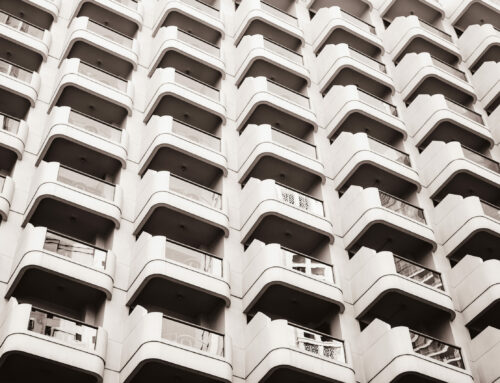The Supreme Court, in judgment no. 1423/2022 of 2 November 2022, recognises the compensation of damages to the contractor when the execution period of the works increases due to causes not attributable to the contractor and analyses the method for the quantification of the amount.
In the context of a contentious-administrative appeal for damages suffered by a contractor during the execution of public works, in the first and second instance it is disputed whether: (a) whether an increase in the time limit for the execution of the work can be considered to be included within the principle of risk and chance to be borne by the contractor when this occurs for reasons not attributable to the contractor; and (b) whether the compensation for indirect costs can be fixed on the basis of an estimated percentage or whether, in any event, the actual damages caused must be taken into account.
With regard to the first question, the Supreme Court points out that Article 196.2 of Law 9/2017, of 8 November, on Public Sector Contracts, makes the Administration liable for the damages suffered by the contractor when they have been caused as an immediate and direct consequence of an action of the former, considering this precept applicable to the case as there had been a considerable delay in the execution of the works due to the lack of availability of the land and legalisation of the installations, a circumstance for which the Administration itself is responsible.
As regards the second question, the quantification of the indirect damage caused, the High Court finds that there is no reason to rule out the possibility that the indirect costs referred to as a result of the delay in the completion of the works may be calculated on the basis of a percentage of overheads, rather than a calculation based on an assessment of the body of evidence in order to determine those costs. However, it points out that such calculations must always be carried out in a way that is as much in line with the reality of the circumstances as possible.
In this way, it upheld the appeal lodged by the contractor, overruling the lower court’s ruling and declaring that, in accordance with the provisions of Article 196.2 LCSP, the contractor must be compensated for damages when the execution period of the work is increased for reasons not attributable to the contractor, excluding the application of the principle of risk and chance that the contractor must bear. Furthermore, it points out that, although the calculation of indirect costs may be made on the basis of a percentage of overheads, this percentage must always be justified and be in line with the reality of the circumstances.




